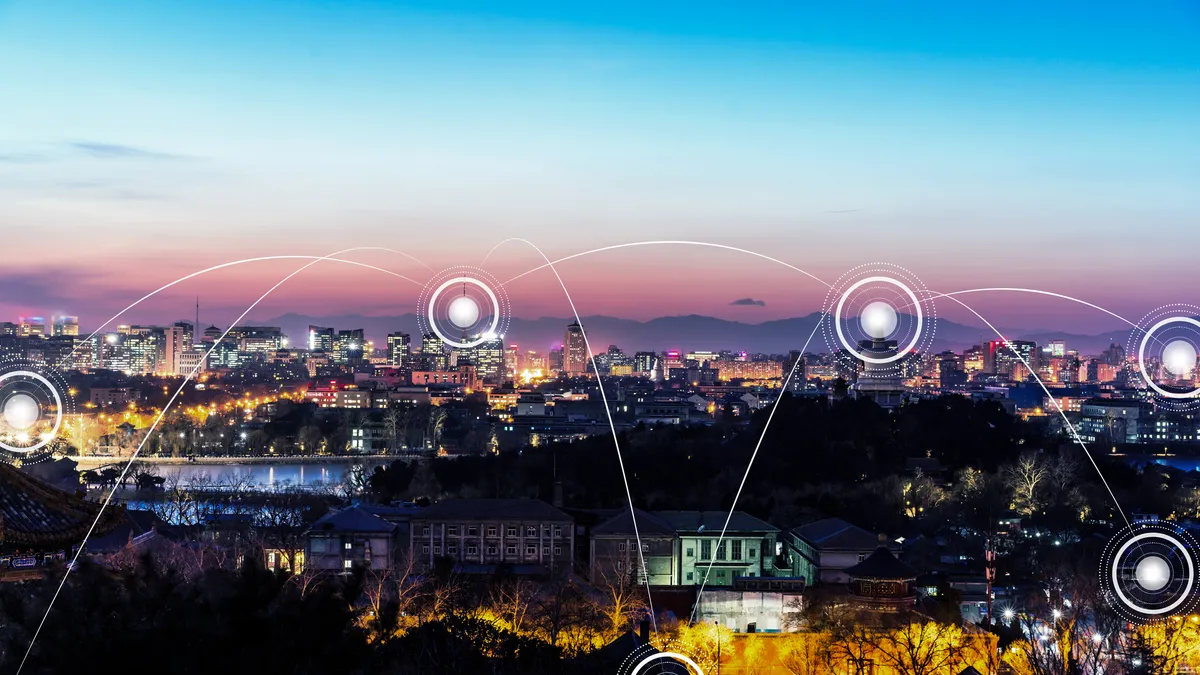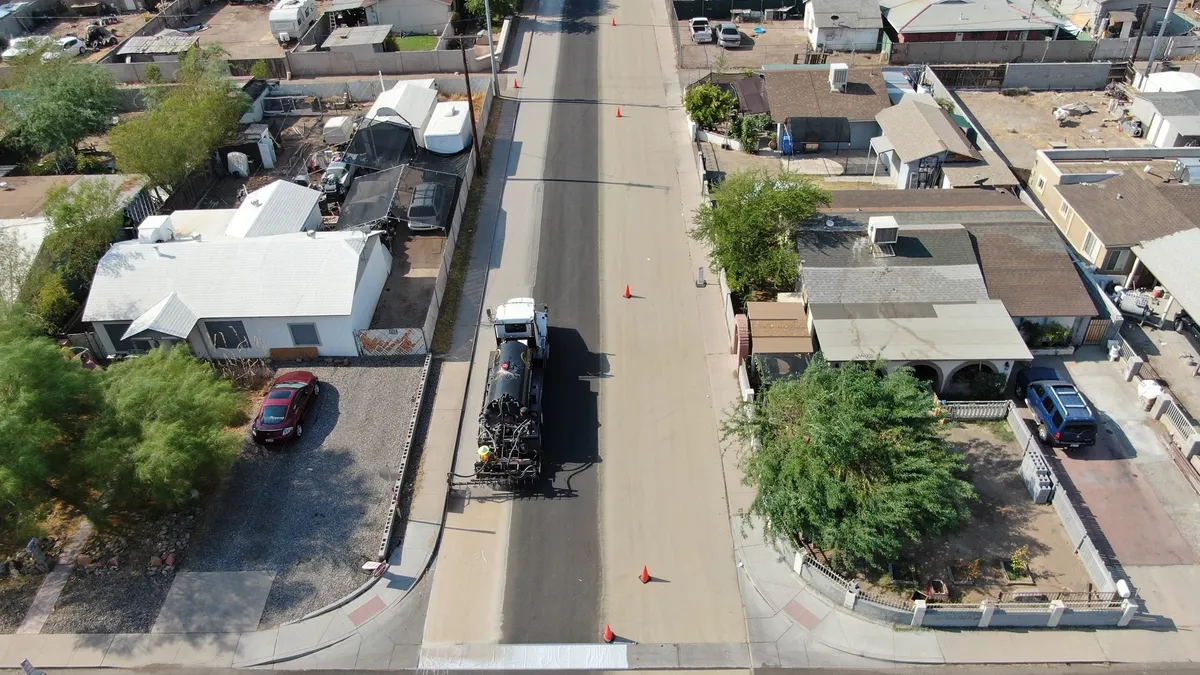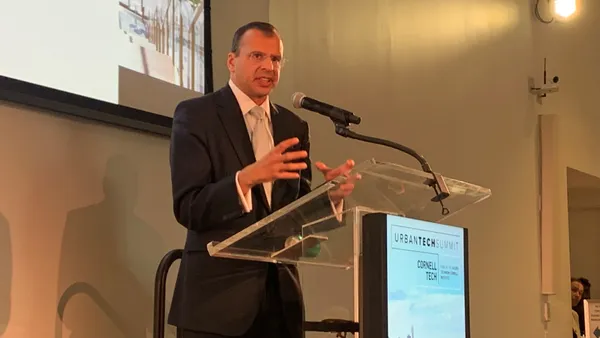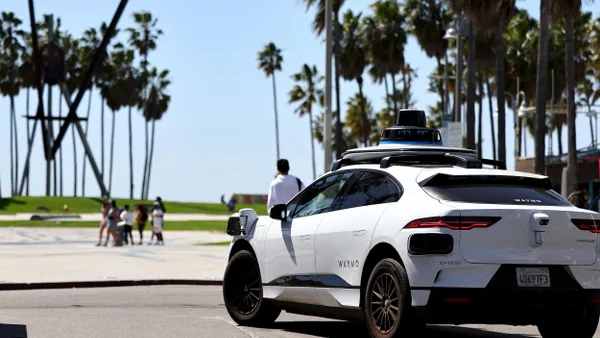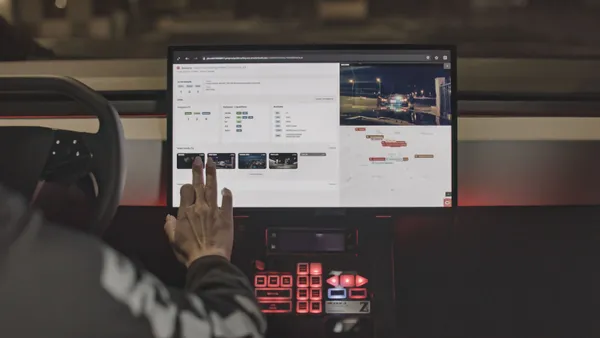Dive Brief:
- Seeking to expand broadband access to the 19 million Americans that lack sufficient connections, 35 communities across 18 states have joined the Neighborly Community Broadband Accelerator.
- Participants will be led through the full process of creating a broadband network, including an education curriculum in collaboration with private sector partners and nonprofits like Next Century Cities and the Institute for Local Self Reliance. Neighborly will also offer participants financing at a competitive rate cost to help jumpstart construction.
- Due to heavy interest with more than 100 applicants, Neighborly expanded the cohort size to include 35 communities.
Dive Insight:
The broadband project is an expansion for Neighborly, the San Francisco-based firm offering communities help in finding capital for traditional infrastructure projects such as transportation and building. Broadband networks are "the modern equivalent of bridges and the water system," the company says on its website, adding they will "provide the foundation for all next-generation infrastructure" such as microgrids and connected infrastructure.
While federal officials have focused plenty of attention on the lack of broadband access in rural communities, making it a key piece of President Trump’s infrastructure plan, city officials are also looking at the digital divide in their own communities. While access to infrastructure remains a key barrier for some communities — and is a concern as telecoms look to build out 5G networks that could bypass some already disconnected neighborhoods — others have looked at other solutions. For example, Louisville, KY made sure citizens knew about discounted rates, donated computers to needy families and brought tech events into traditionally underserved neighborhoods.
The communities in the Neighborly cohort represent a mix of rural, mid-sized and large cities, from Cleveland, OH to Laramie, WY. The geographic diversity was deliberate, but also reflects the range of broadband needs around the country.
Municipal broadband networks are catching on, and in some cases have outperformed larger networks. In the latest annual survey from PCMag, NextLight, an Internet service provider owned and managed by the city of Longmont, CO, notched the nation’s highest speed.


